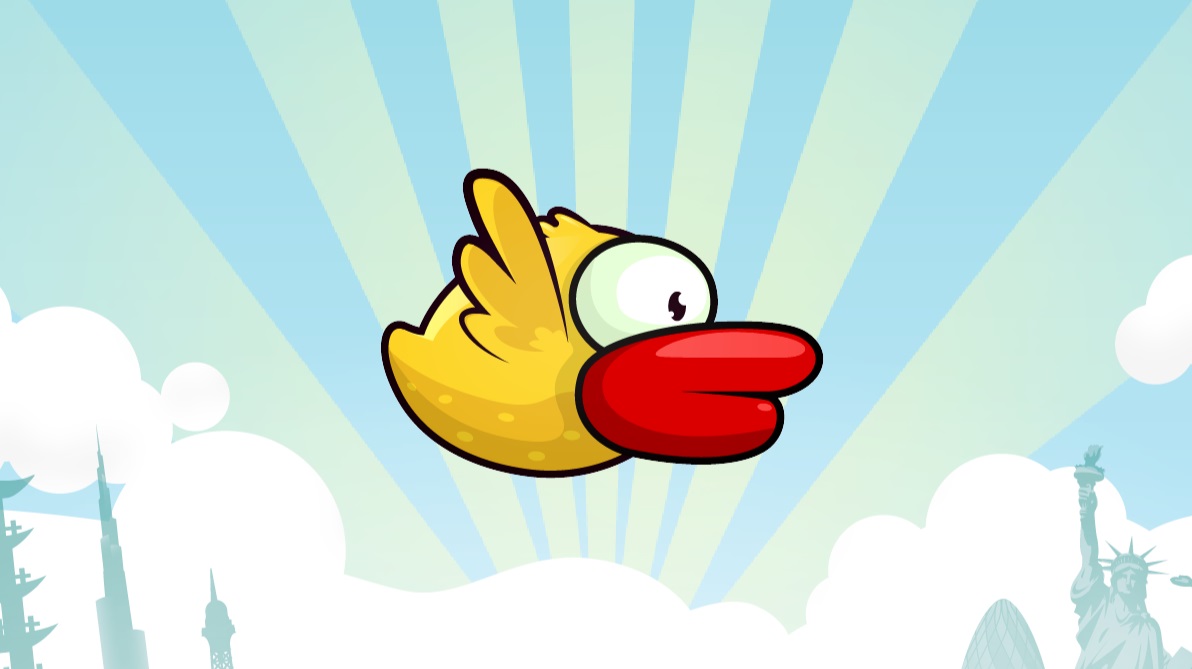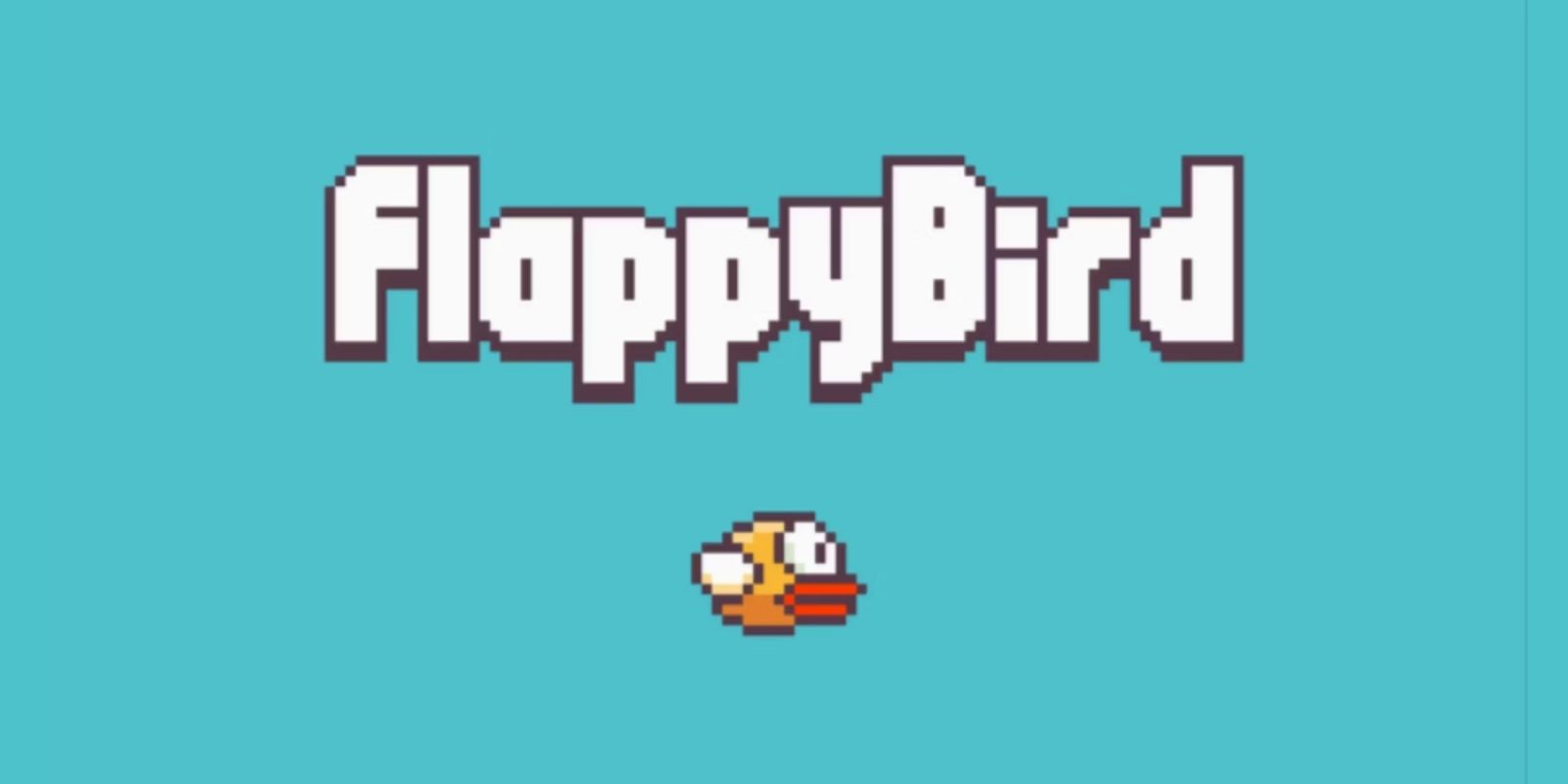A decade ago, Flappy Bird, a simple yet colorful autorun-style game, became an unexpected viral sensation on mobile devices. Its success, however, became a burden for its creator, Vietnamese programmer Dong Nguyen.
At the peak of the game’s popularity and profitability, Nguyen made the unusual decision to completely remove it from sale.
Reflecting on his choice, Nguyen later said, “I can call Flappy Bird a success of mine. But it also ruins my simple life. So now I hate it.”
The return of Flappy Bird has now been announced, but this time without Nguyen’s involvement. The game is being relaunched this October by a group called the Flappy Bird Foundation.
According to a press release, this group is described as “a new team of passionate fans committed to sharing the game with the world” who have “spearheaded the acquisition of the official trademark.”
The foundation secured the trademark from a US company called Gametech Holdings LLC, but the situation surrounding this acquisition has some questionable elements.
Dong Nguyen initially applied for the Flappy Bird trademark in 2014, submitting a small drawing of the logo alongside the application. For years, this application appeared to languish in limbo, eventually facing opposition from Gametech, a Delaware-based company.
While this dispute was ongoing, in 2018 (four years after the game was pulled from the market), the US Patent Office granted a Flappy Bird trademark registration to another Delaware company, Mobile Media Matters.
Although the exact connection between Mobile Media Matters and Gametech is unclear, legal filings from both companies list the same Delaware address.
Following this, there was a legal battle between Gametech and Dong Nguyen, but it seems Nguyen did not actively defend his claim to the trademark. As a result, it was eventually deemed abandoned, ten years after Nguyen had filed for it, and Gametech acquired the rights.
So, how should one feel about this situation? On the one hand, Nguyen was quite clear about wanting Flappy Bird out of his life. He has completely withdrawn from the online world, with his last public communication happening over seven years ago.
However, whether this makes it acceptable for others to take over the game via legal means and relaunch it as the “original” is debatable. With no defense from Nguyen, the US Patent and Trademark Office has allowed the transfer of the rights.
The Flappy Bird Foundation does have a built-in comeback of sorts. Along with acquiring the rights to Flappy Bird, the foundation also secured the rights to Piou Piou vs. Cactus, a mobile game that served as the primary inspiration for Flappy Bird.
The foundation has even enlisted the help of Piou Piou’s creator, known by the pseudonym “Kek.”

“Today is a milestone not just in gaming but for me personally,” says Kek. “It’s so cool to see how influential Piou Piou has been for developers and hundreds of millions of gamers over the years.
It’s incredible to work alongside such a dedicated team of fans and creators who are truly passionate about changing the industry narrative and together bringing the original Flappy Bird back to life.”
The mention of “changing the industry narrative” raises some eyebrows. Back in 2014, Kek revealed that he had reached out to Nguyen about the similarities between Piou Piou and Flappy Bird, and Nguyen had responded that he wasn’t aware of Kek’s game when creating his own.
While the games do share similarities in both gameplay and graphics, there are some differences as well. Yet, for whatever reason, Piou Piou didn’t gain much traction, while Flappy Bird skyrocketed to fame three years later.
It’s worth noting that the Flappy Bird Foundation’s press release does not mention Dong Nguyen at all. Instead, the foundation emphasizes “our classic and nostalgic gameplay” and speaks about “preserving the Flappy Bird IP,” possibly signaling what Kek meant by “changing the narrative.”
This whole affair might seem like a bit of a cash grab, dressed up in respectability by involving a key figure from the story of Flappy Bird.
While Flappy Bird became a cultural phenomenon thanks to its simplistic gameplay and punishing difficulty, what truly made it a fascinating story was Nguyen’s refusal to embrace the limelight. The game was fun, but it was Nguyen’s reaction to its success that turned it into something more.
I’ve reached out to the Flappy Bird Foundation to ask about the legal process, the connections between Gametech and Mobile Media Matters, and how long they’ve been working to acquire the trademark from Nguyen. I’ve also contacted Nguyen’s legal representative and will update this piece if any responses come in.
It seems likely that Nguyen couldn’t care less that his creation is about to be exploited by a group claiming they just want to “give back to the global fan community.”
In reality, this probably translates to a slew of microtransactions, “new game modes, characters, progression, and massive multiplayer challenges.” Flappy Bird is back, apparently. But a small part of me hopes it flies straight into a pipe once more.







Leave a Reply